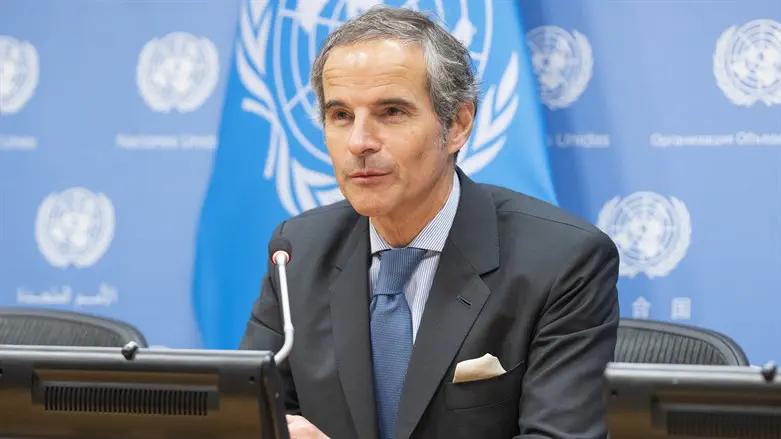
The head of the United Nations nuclear watchdog on Tuesday underscored the urgency of resuscitating diplomatic efforts to limit Iran’s nuclear program, saying the situation could quickly worsen if negotiations fail, The Associated Press reports.
Rafael Grossi, director general of the International Atomic Energy Agency, was quoted as having said during a discussion at the Chatham House think tank that the diplomatic effort “is not at its best point,” but it wasn’t his place to declare whether the process was “dead or alive.’’
“I hope to be able to re-set, restore, reinforce that indispensable dialogue,” said Grossi. “Without that, things are going to get worse.’’
Former President Donald Trump withdrew from the 2015 Iran nuclear deal in 2018, and Iran responded by scaling back its compliance with the agreement.
The Biden administration sought to return to the deal and held indirect talks with Iran on a return to compliance.
Those talks have been stalled since September, when Iran announced it had submitted its comments to the US response to the European Union’s draft for reviving the 2015 Iran nuclear deal.
While Iran’s Foreign Ministry spokesperson said at the time that Iran’s response was prepared based on a constructive approach, a senior Biden administration official said the Iranian response "is not at all encouraging.”
A US official later said that the efforts to revive the 2015 Iran nuclear deal have “hit a wall” because of Iran's insistence on the closure of the UN nuclear watchdog's investigations.
Last month, Grossi warned that Tehran has amassed enough material for “several nuclear weapons”, though he added that Iran has not yet built a nuclear weapon and the West should redouble efforts to stop it from doing so.
In his remarks on Tuesday, the IAEA chief said the Middle East has a “unique set of problems” that will be aggravated if diplomatic efforts fail.
“I don’t see it in anybody’s interest that there will be proliferation there. I think we would be aggravating … the already fragile situation,’’ he said. “We’re not there yet. But we cannot really afford to fail.’’

